In Britain, rights’ and freedoms’ history begins back in the Thirteenth Century. King John – the worst of all of England’s kings – spent all the country’s wealth in useless wars, then tried to make the barons give him more. They rose against him. Then, at Runnymede, forced him to sign a statement of their rights. They made him promise that he’d now consult, through Parliament – a French and Latin word – instead of simply making more demands. And so, we praise this Magna Carta still. The cornerstone of our democracy, though it did little for the common folk. It gave the nobles rights, indeed it did. The rest of us must wait a few years more.
And Parliament became “a talking shop” until four hundred years had passed away. In Sixteen Forty-Two, old Charles the First, was back making demands to fund more wars. But Parliament refused, and civil war would bleed these islands for the next nine years. Our Parliament, with Cromwell at its head, defeated Charles and later took his head. No longer quite the “talking shop” it seems.
In Sixteen Eighty-Eight another king – now, James the Second – driven from his throne. A Glorious Revolution, to be sure. The crown is passed into much safer hands. William of Orange. Dutch. More liberal. Depending on your point of view, of course. But suddenly the Parliament begins to pass new laws protecting common rights.
The Right to Trial, the Habeus Corpus Act. An entire Bill of Rights – a stepping-stone. The Toleration Act of Ninety-Two gives all the right to worship as they will.
Unless, of course, they’re of the Catholic Faith. For this will take another hundred years. In fact, not until Eighteen Twenty-Nine. And even then our monarchs not allowed to wed a Catholic – this law only changed nine years ago, Two Thousand and Thirteen.
Meanwhile, what lessons did we learn from World War Two? There may be times when nations lose their way, forget to uphold their own people’s rights, or choose to stamp those rights into the dust. So, Winston Churchill in his wisdom said that there should be a court, but Europe-wide, protecting all those hard-fought things we’d won. The European Court of Human Rights.
Remember, we were all once separate too. Our England, Scotland, Ireland – Wales, as well. And not so long ago. Nations apart. Each with our different laws and legal rights. Until the Act of Union and the rest. In Seventeen Oh-Seven, Queen Anne’s reign.
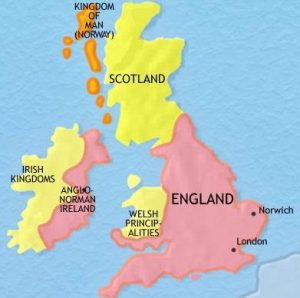
Which brings me to our women and the vote. A sixty year campaign for equal voice. Of protest on the streets and hunger strikes. Force fed in prisons, beaten and abused. Our Suffragists and Suffragettes until, in Nineteen Twenty-Eight, that fight was won.
Our men and women, equal rights to vote – to vote for members in our Parliament. That “talking shop” the barons helped us gain. At Runnymede, a thousand years before.
And here’s the David Ebsworth YouTube Channel version…
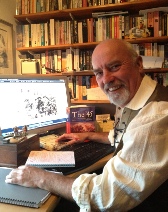
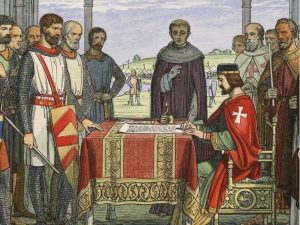
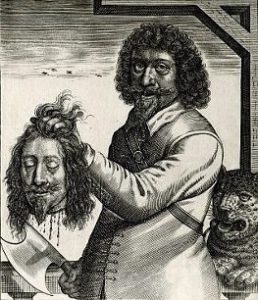
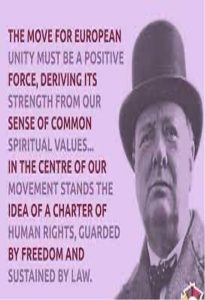
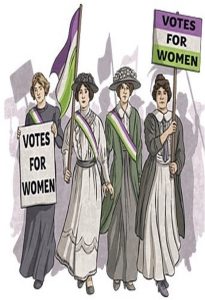
Leave a Reply